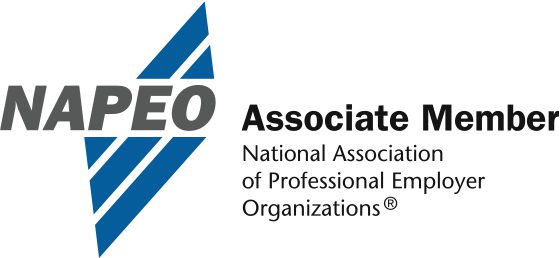Mental health is essential to a person’s well-being, family, and interpersonal relationships and significantly impacts their ability to live a full and productive life. While mental health is often overlooked as a public health issue, mental health has profound effects that usually last a lifetime. The World Health Organization (WHO) recognizes the importance of psychological well-being, defining health as “a state of complete physical, mental and social well-being and not merely the absence of disease or infirmity.”
Mental health has far-reaching impacts on those close to the individual and the individual experiencing mental illness. Family members are often the most exposed to the mental health issues of a loved one, but employers and employees also are impacted when a co-worker has mental health issues. Here are the reasons why mental health matters to employers:
1. Mental health impacts the employee with mental health issues. Poor mental health can result in lowered individual productivity due to unemployment, missed work, and reduced productivity. A recent WHO-led study estimates that depression and anxiety disorders cost the global economy US$ 1 trillion each year in lost productivity.

People may lose their employment, fail to find work or miss work due to mental illness. There are work-related risk factors for employees with mental health issues. These include:
- risks related to job content
- unsuitable tasks for the person’s competencies
- a high and unrelenting workload
2. Mental health impacts co-workers. There are many risk factors for mental health in the working environment. These include interactions between employees, the type of work, and the support available for employees to carry out their work. When a co-worker is experiencing a mental health situation at work, it often impacts everyone and can create productivity issues. Co-workers may experience:
- inadequate health and safety policies;
- poor communication and management practices;
- limited participation in decision-making
- no control over one’s area of work;
- low levels of support for employees impacted by another’s mental health
3. Mental health impacts the company. Untreated mental health has high costs to the employer. The economic cost is primarily due to the early onset of mental illness and lost productivity, resulting in employees leaving the company. Although most employees with mental illness do not exhibit dangerous behaviors, companies must have protocols in place if a situation occurs that puts other employees or the individual in danger. For this reason, there is a significant financial and social need to provide mental health services for all employees and regular health care benefits.
Companies must develop mental health strategies and policies to ensure workers and managers actively contribute to the working environment to achieve a healthy workplace. Companies must promote and protect the health, safety, and well-being of all employees. Promoting good mental health at the company includes:
- implementing and enforcing health and safety policies and practices
- identifying distress, harmful use of psychoactive substances and illness and providing resources to manage them
- informing employees that support is available
- involving employees in decision-making, conveying a feeling of control and participation
- implementing practices that support a healthy work-life balance
Source: Mental health in the workplace, World Health Organization

Companies must support all employees by providing mental health services extending beyond health insurance and developing policies that support mental health. Flexible hours, support, and confidential communication can help employees with mental disorders continue to or return to work.







